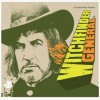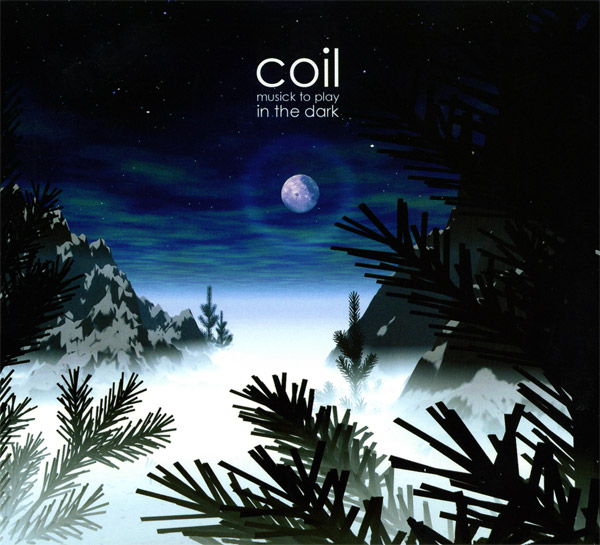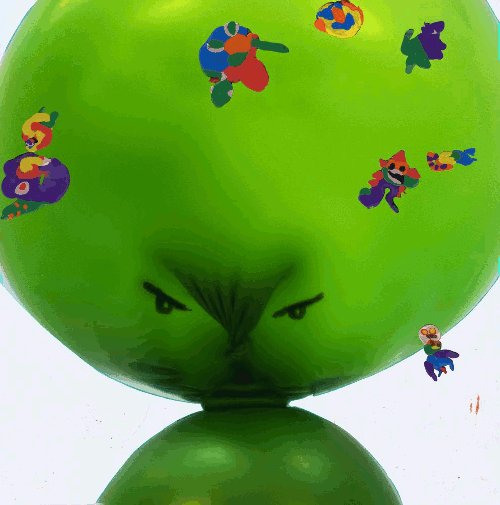 1968 was the year that British horror films began to turn away from the cosy gothic perennials of Dracula and Frankenstein and move into the unknown territory of heathenism and the darkness of the English woodland. These new tales of secret rites and pagan communities had to have a very distinct filmic language of their own. Here nudity and extreme sadistic violence would take over from the corseted heaving bosom and the pan-away neck biting shot. One film that was at the vanguard of this new era was Michael Reeves’ Witchfinder General, made during some glorious Autumnal days in East Anglia where the changing seasons gives scenes an almost haunted feel.
1968 was the year that British horror films began to turn away from the cosy gothic perennials of Dracula and Frankenstein and move into the unknown territory of heathenism and the darkness of the English woodland. These new tales of secret rites and pagan communities had to have a very distinct filmic language of their own. Here nudity and extreme sadistic violence would take over from the corseted heaving bosom and the pan-away neck biting shot. One film that was at the vanguard of this new era was Michael Reeves’ Witchfinder General, made during some glorious Autumnal days in East Anglia where the changing seasons gives scenes an almost haunted feel.
Ferris’s soundtrack was the first of an eerie British folk trilogy that would permeate through Marc Wilkinson’s Blood on Satan’s Claw (1970) soundtrack and culminate in Paul Giovanni’s score for 1973’s The Wicker Man. During this period of time the folk revival was moving ahead at full steam in Britain. Bands such as Comus, Cob, Mellow Candle and The Incredible String Band were bringing out albums full of tales of witches, the bounty of ancient hedgerows and the allure of Herne the Hunter within the wild wood.
However, Ferris’s opening titles piece begins with military style drumming and atonal scratches to accompany the scenes of a hanging of a supposed witch. Elements of this are repeated throughout the score with great effect and stop the overall feel from getting too languid and filled with summer haze. But Ferris’ main theme that carries the film is a thing of wonder. Part pastoral and part “Greensleeves” it evocatively conjures up the English countryside in the same way Ralph Vaughn Williams did or Peter Knight’s orchestral interludes for The Moody Blues Days of Future Passed had done in 1967. The theme is so lush you can almost wade through its long grasses into dense woodlands. Several of the pieces have Holstian shimmering cellos and trumpet stabs to underscore moments of terror in the film, which they do with great aplomb and are something missing from the other two scores mentioned. Hopkins’ theme seems to have horns cackling with laughter whilst his emotionless face watches the carnage he has created. “Richard’s Ride to Sara” conveys almost a jaunty mood until its final sombre motif.The soundtrack as whole is a marvellous thing, even more so as it had been missing for 42 years. The De Wolfe Music Library restoration is marvellous, with each instrument being clearly heard and creating a wonderful atmosphere. The album comes with beautiful artwork and a 12-page booklet of sleeve notes. Ferris’s soundtrack is haunting and beguiling all at the same time and sounds like a beautiful fragment of a strange past in a similar way that Shirley and Dolly Collins’ album Anthems in Eden did. It seems strange that all three films mentioned in this review have gone through various difficulties over the years, including being cut to shreds to the loss of their original soundtracks etc.; thank goodness that these elements have now all been put right and we are now able to enjoy each of these films scores in isolation from the images and marvel at how wonderful they are.
-Gary Parsons-



